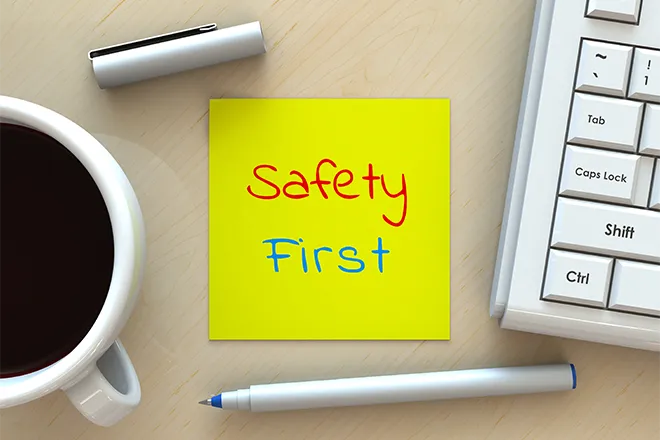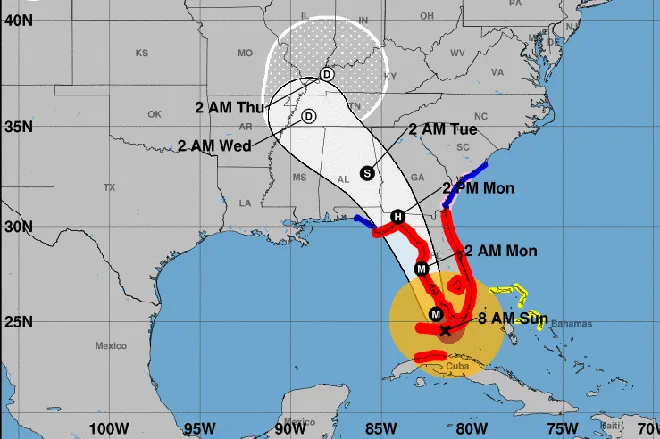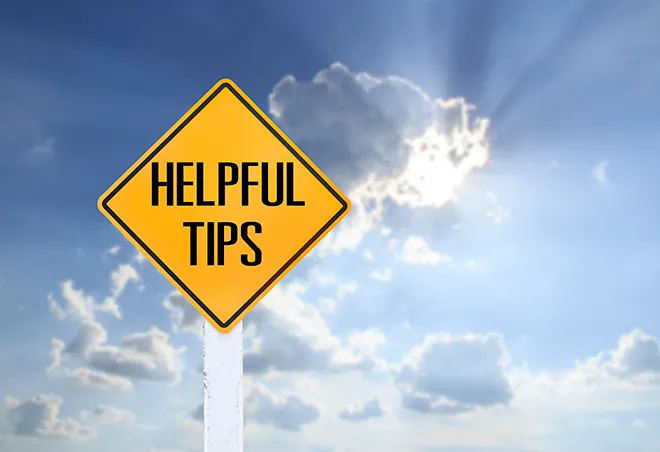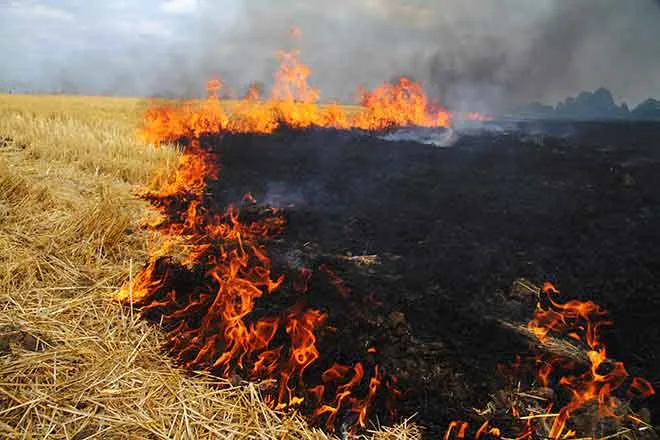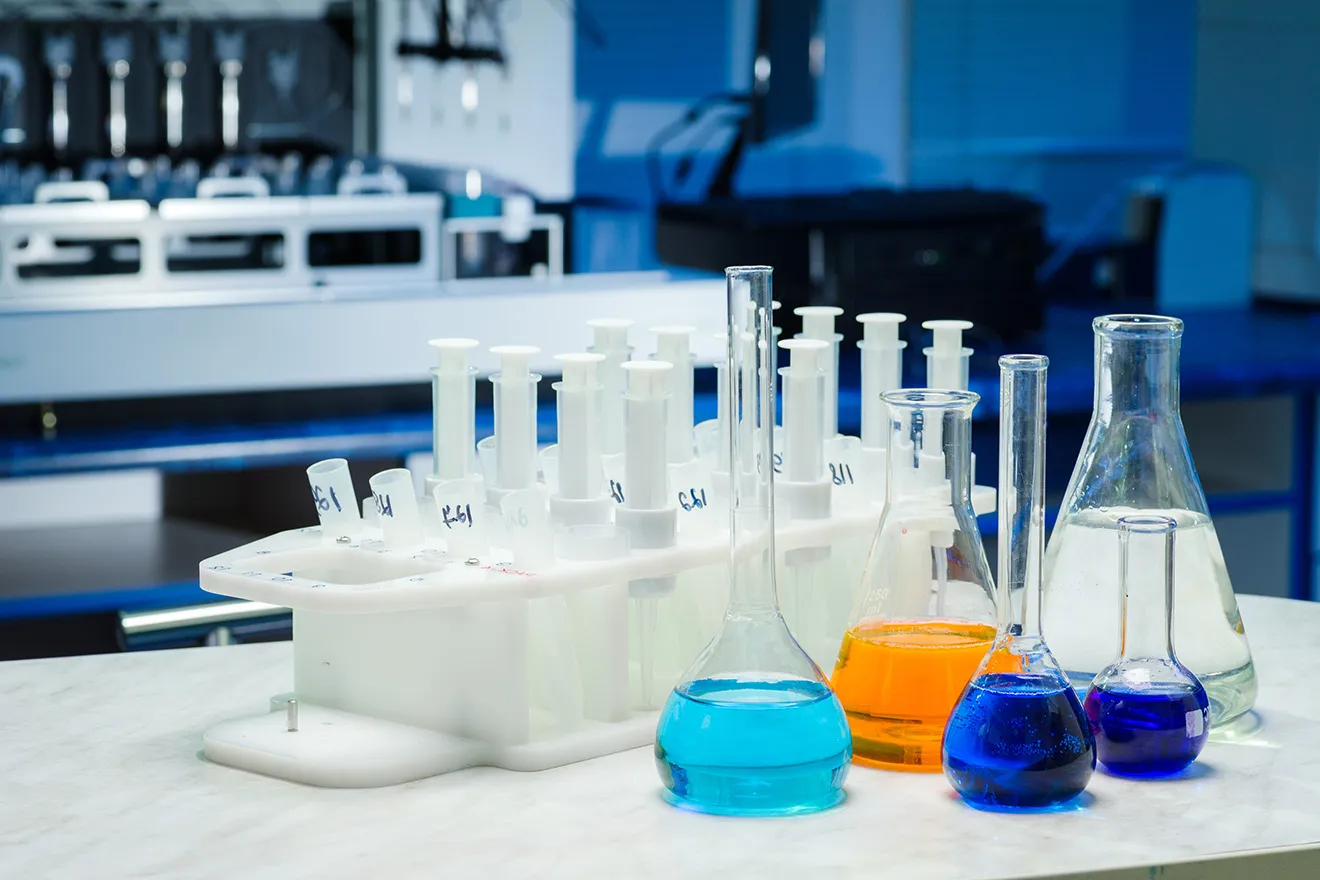Image
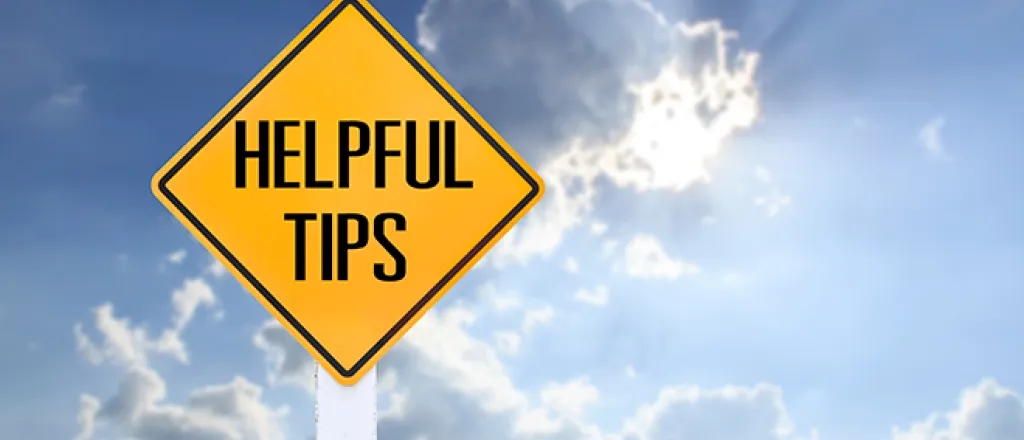
Hazardous Materials and Household Chemical Safety
iStock
Hazardous materials, more commonly referred to as chemicals, are used regularly in our daily lives. A hazardous material is any solid, liquid, or gas that can cause harm to humans and other living organisms. Many products containing hazardous chemicals are routinely used and stored in homes. They are used to grow our food, clean our homes, fuel our cars, and purify our water, which means we have to be careful about how we use and store these chemicals.
Safety Tips
- Keep hazardous materials products in their original containers and never remove the labels unless the container is corroding. Corroding containers should be repackaged and clearly labeled.
- Never store hazardous products in food containers.
- Properly mark, store and lock all household and pool chemicals, paints and poisons. Keep these on a high shelf, out of the reach of children and pets.
- Do not mix household hazardous chemicals or waste with other products. Incompatibles, such as chlorine bleach and ammonia, may react, ignite or explode.
- Follow safety recommendations when using household cleaning products or other chemicals, such as wearing gloves, long sleeves and masks.
- Properly ventilate the area when using household cleaning products or other chemical products. Turn on the fan and open the windows.
- Never leave chemical products unattended. If you must leave the room in the middle of a task, either put the product away or take it with you.
- Never use hair spray, cleaning solutions, paint products, or pesticides near an open flame (i.e., pilot light, lighted candle, fireplace, wood burning stove, etc.). Although you may not be able to see or smell them, vapor particles in the air could catch fire or explode.
- Clean up any chemical spill immediately. Use rags to clean up the spill. Wear gloves and eye protection. Allow the fumes in the rags to evaporate outdoors, then dispose of the rags by wrapping them in a newspaper and placing them in a sealed plastic bag in your trash can.
- Dispose of hazardous materials correctly. Take household hazardous waste to a local collection program. Check with your county or state environmental or solid waste agency to learn if there is a household hazardous waste collection program in your area.
Post the number of the emergency medical services and the poison control center by all telephones. In an emergency situation, you may not have time to look up critical phone numbers. The national poison control number is (800) 222-1222.

